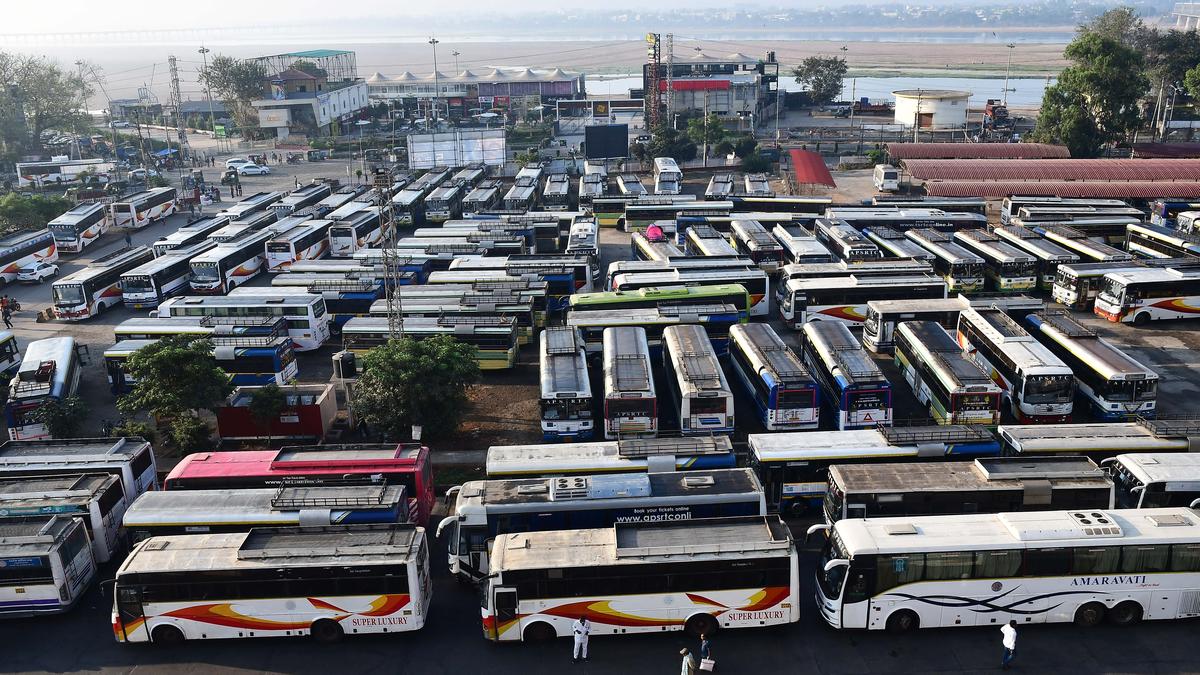
On August 21, 2024, a major nationwide strike known as ‘Bharat Bandh’ was initiated by Dalit and Adivasi groups across India. The strike is a response to a recent Supreme Court decision that many believe undermines the established reservation system for Scheduled Castes (SC), Scheduled Tribes (ST), and Other Backward Classes (OBC). This legal backdrop has prompted widespread protest, calling for immediate governmental action and a reevaluation of judicial rulings regarding reservation policies.
The National Confederation of Dalit and Adivasi Organisations (NACDAOR) spearheaded the call for the bandh, demanding significant reforms. These include the rejection of the Supreme Court’s ruling, enactment of a new law to protect reservation policies from judicial interference, and the release of comprehensive caste-based data to ensure proper representation in public sector employment. These demands highlight a critical push for maintaining and strengthening affirmative actions that are deemed crucial for the upliftment of marginalized communities.
The strike saw significant political backing from major parties including the Jharkhand Mukti Morcha (JMM), Congress, and the Rashtriya Janata Dal (RJD), alongside support from various left-wing parties. This collective endorsement underscores the political resonance of the issues at stake, transcending mere activism into a broader political movement.
As for public response and the effect of the bandh, essential services like hospitals and emergency medical care were kept operational, while other public services experienced disruptions. Educational institutions, banks, and government offices were expected to see closures or reduced operations in states showing strong support for the bandh.
Despite the significant impact anticipated across various sectors, the organizers emphasized peaceful protest and constructive engagement with government authorities to address their grievances. The strike not only highlights the ongoing struggles of Dalit and Adivasi communities but also poses significant questions about the future of India’s reservation policies and the broader framework of social justice in the nation.
This event marks a critical moment in India’s socio-political landscape, reflecting deep-seated tensions and the urgent call for systemic change to ensure equality and justice for all its citizens.
